by Amanda Clark, Washington High School (Washington, MO)
“Would I do it all over again? You bet, if I thought there was a chance that it could better Zach’s life in someway,” says Lori Farmer, mother of 11-year-old Zach.

Farmer, like many parents, took up a controversial gluten-free diet in hopes of improving her son’s behaviors that are characteristic of autism spectrum disorder. Instead of a cure for the severe autism that her son was diagnosed with at age four, Farmer says that she just got an inflated grocery bill and a child unwilling to eat the tasteless foods on the diet.
Gluten-free and casein-free (GFCF) diets have been suggested as a way to alleviate the symptoms of autism spectrum disorder (ASD). Although Lori’s son Zach did not receive any benefit from the diet, other parents and professionals extol the diet’s effectiveness.
“Countless parents report that the diet is dramatically beneficial for their child. The most common comment we hear from parents is that their child ‘came out of the fog’ when we started the diet,” argues Talk About Curing Autism, a foundation providing support and education for families affected by autism.
ASD is a neurological, developmental disorder that limits language development and communication, according to www.mayoclinic.com.
The direct cause of autism is unknown, but particular genes as well as environmental factors that “trigger” those genes are thought to be contributing factors, explains the National Autism Association—a national organization dedicated to autism awareness. This description is in stark contrast to what was proposed a few decades ago when autism was thought to be a behavior exhibited in children with unloving and neglectful mothers (nicknamed “refrigerator mothers”). Research into identifying these genes as well as the environmental “triggers” is ongoing.
Autism is typically diagnosed in the first three years of life and affects 1 in 100 children. It is classified as a “spectrum disorder” because individuals experience the characteristic behaviors to varying degrees, explains the Autism Society of America, a leading organization of information on autism
Gluten is a protein found in wheat, rye and barely, and casein is a protein found most commonly in dairy products. GFCF diets therefore restrict many processed foods and popular kids’ foods like ice cream and bread.
Gluten and casein are proteins that are broken down in the body into other substances, called by-products, which are found in high levels in the urine of children with autism. The thought is that these by-products are leaking from the intestines into the blood and then getting into the general circulation, which in turn is producing many of the behavioral symptoms of autism, reports Healing Thresholds, a free research-based website directed at families impacted by autism.
“Hypothetically, this difference in processing [gluten and casein] may exacerbate autistic symptoms,” according to www.webmd.com.
However, many physicians are not convinced that the diet works. Available research data do not support the use of a casein-free, gluten-free, or GFCF diets as a primary treatment for individuals with ASDs, says a study published in 2010 in Pediatrics —the official Journal of the American Academy of Pediatrics.
Parents may feel differently. Of 3,593 parents surveyed, 69% indicated that their child’s behaviors associated with autism “got better” after strictly adhering to the GFCF diet, according to a parent questionnaire conducted in 2009 by the Autism Research Institute— an institute for the promotion of autism research.
“Eliminating all sources of gluten and casein is so hard that conducting randomized clinical trials in children may prove to be very difficult,” warns www.webmd.com.
“I have read articles and have talked to doctors that feel the diet does benefit people with autism. but what works for one person doesn’t necessarily work for another.” states Farmer.

This work is licensed under a Creative Commons Attribution-NonCommercial-NoDerivs 3.0 Unported License


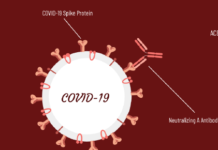
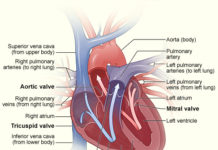
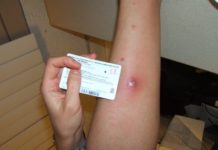
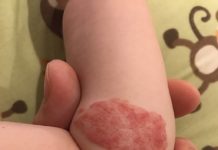
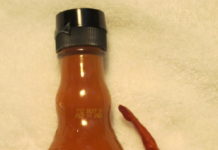
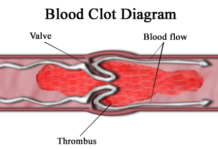






Your article is really inspiring. I greatly enjoyed reading it.
I found this article very interesting. I know a few children who have autism, and after reading this, I wonder whether or not this diet would work for them.
umm i thought the article was great i really enjoyed it because it had some important facts that i didnt know
It was very great some unknown facts i did not know.